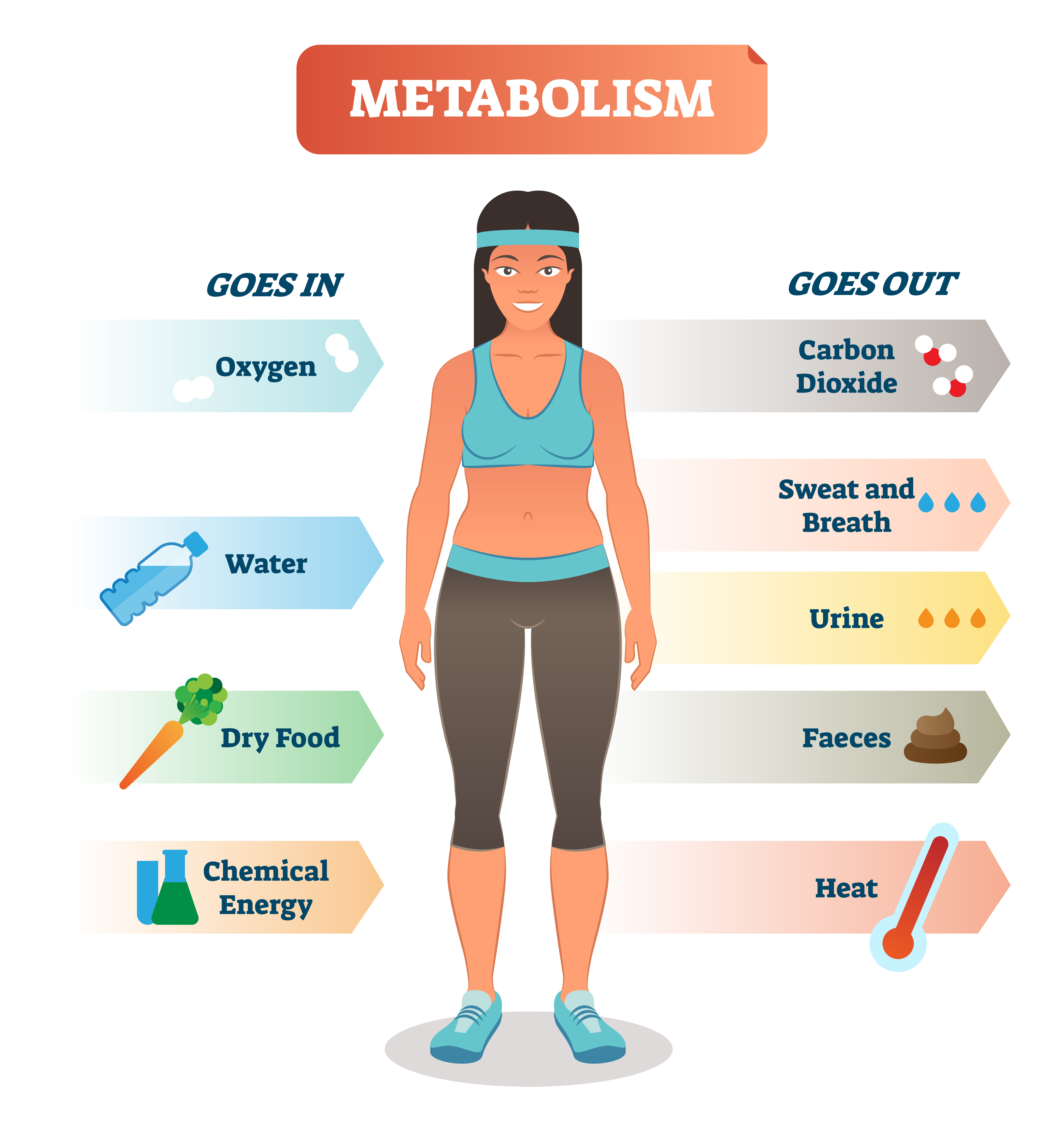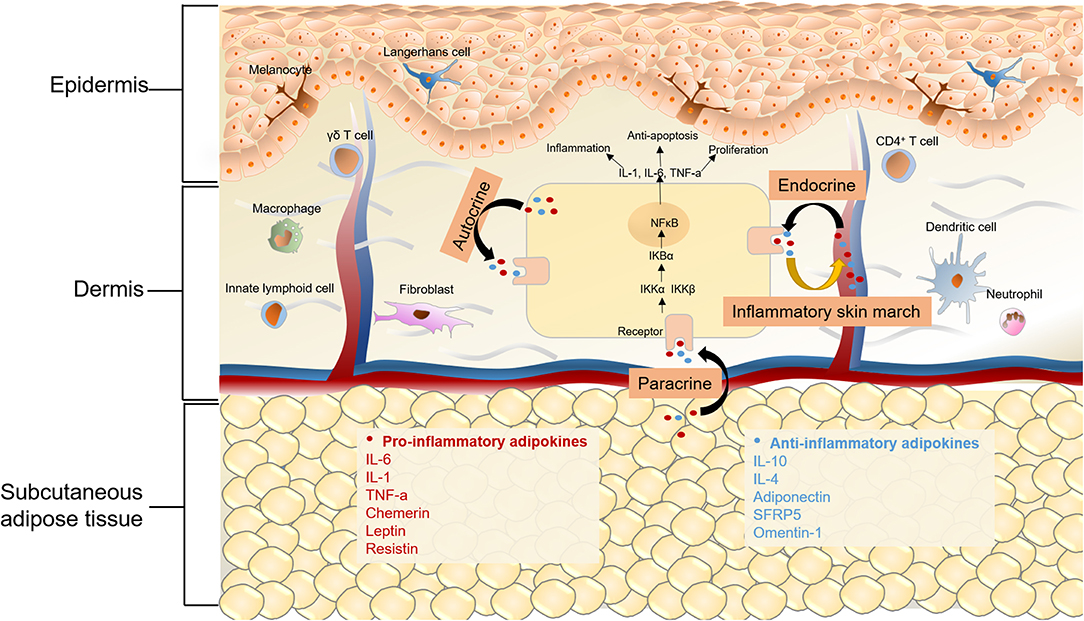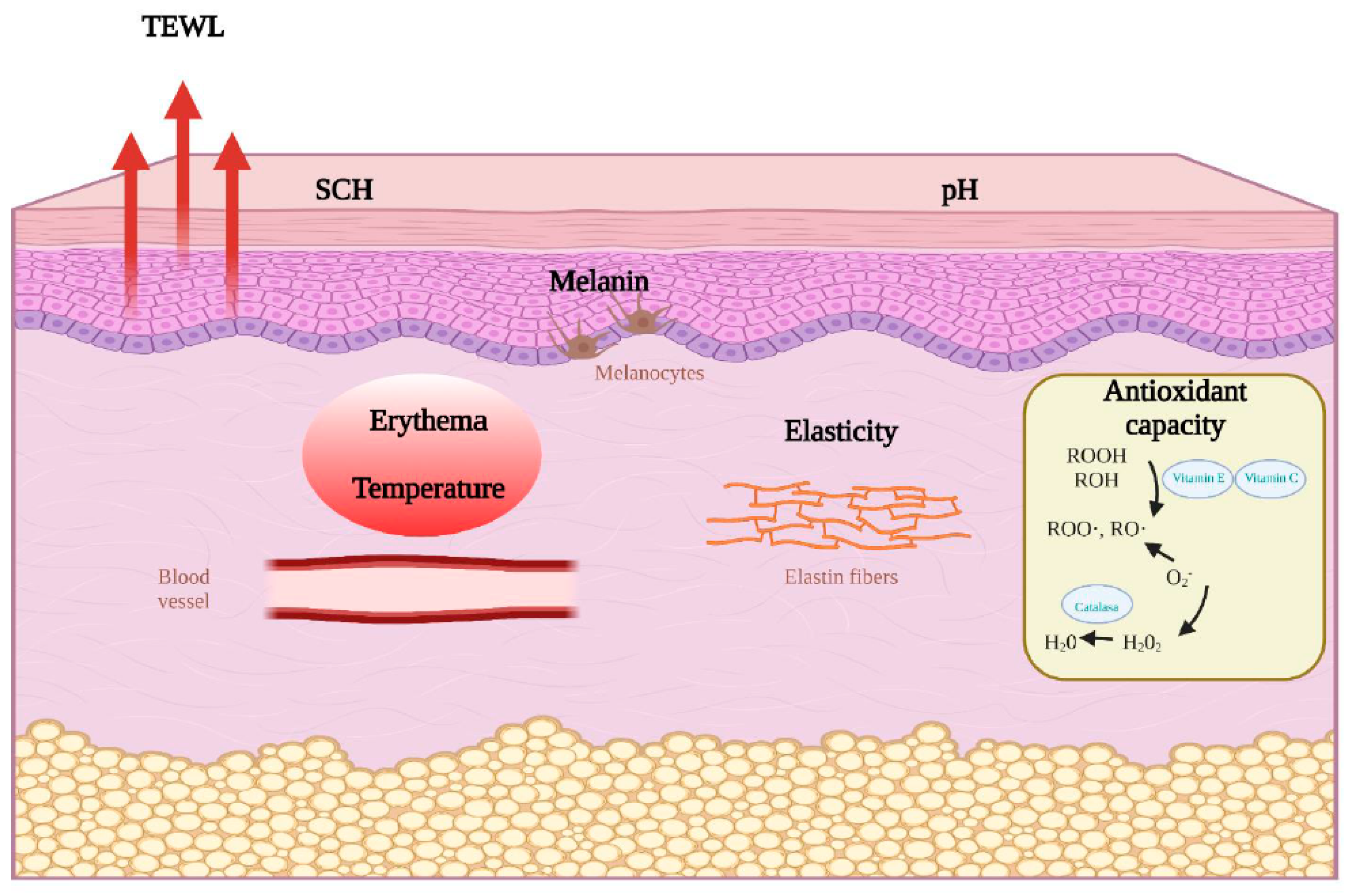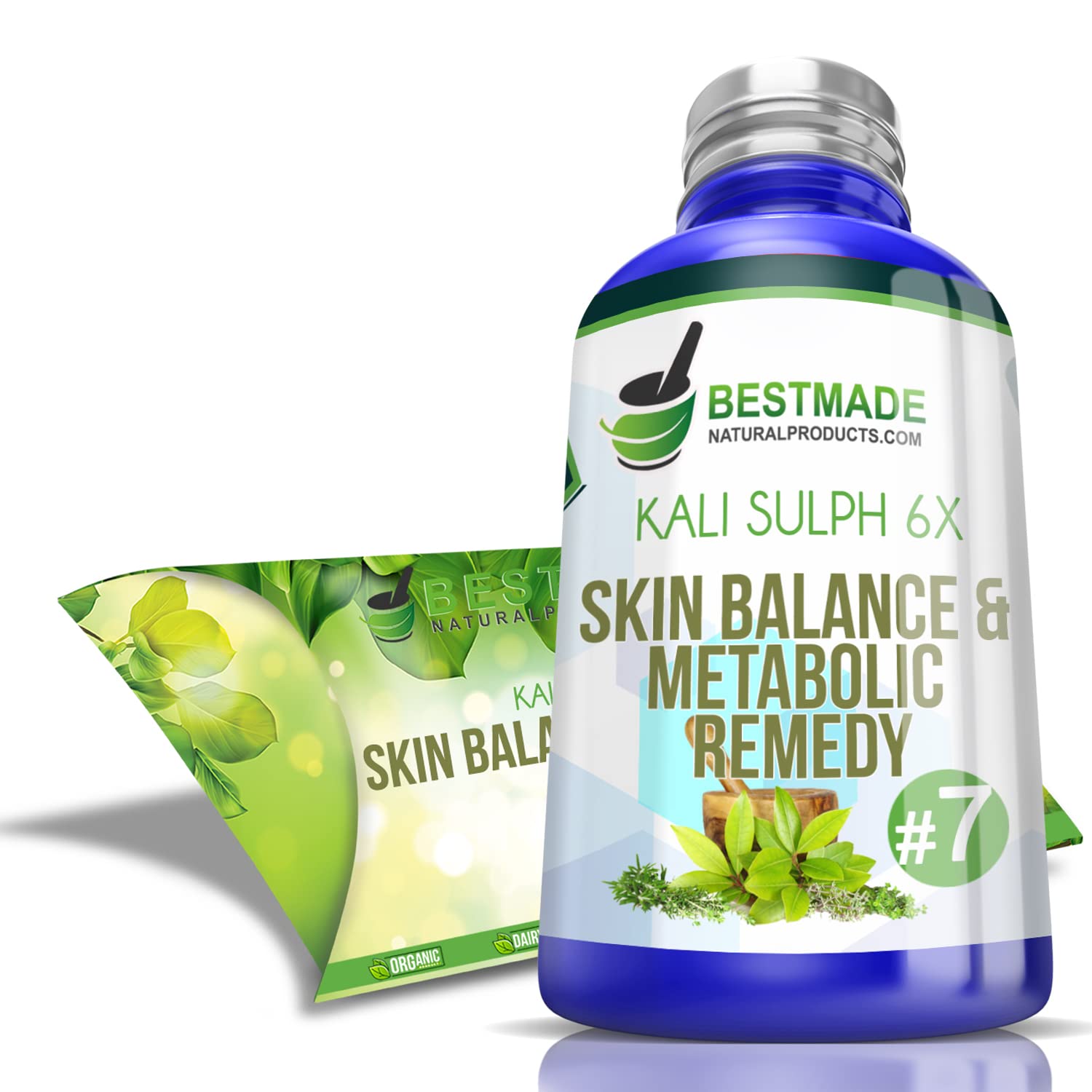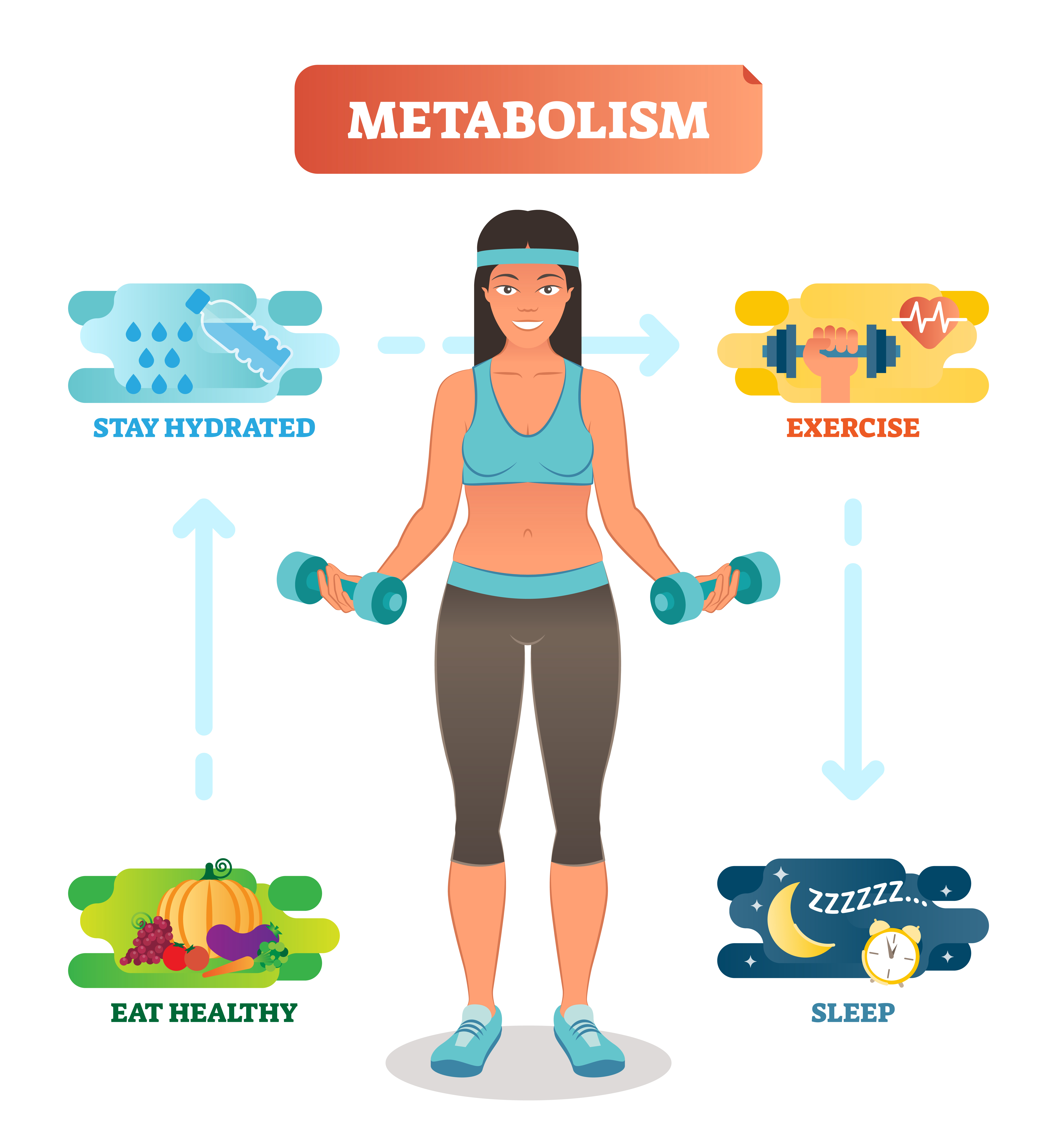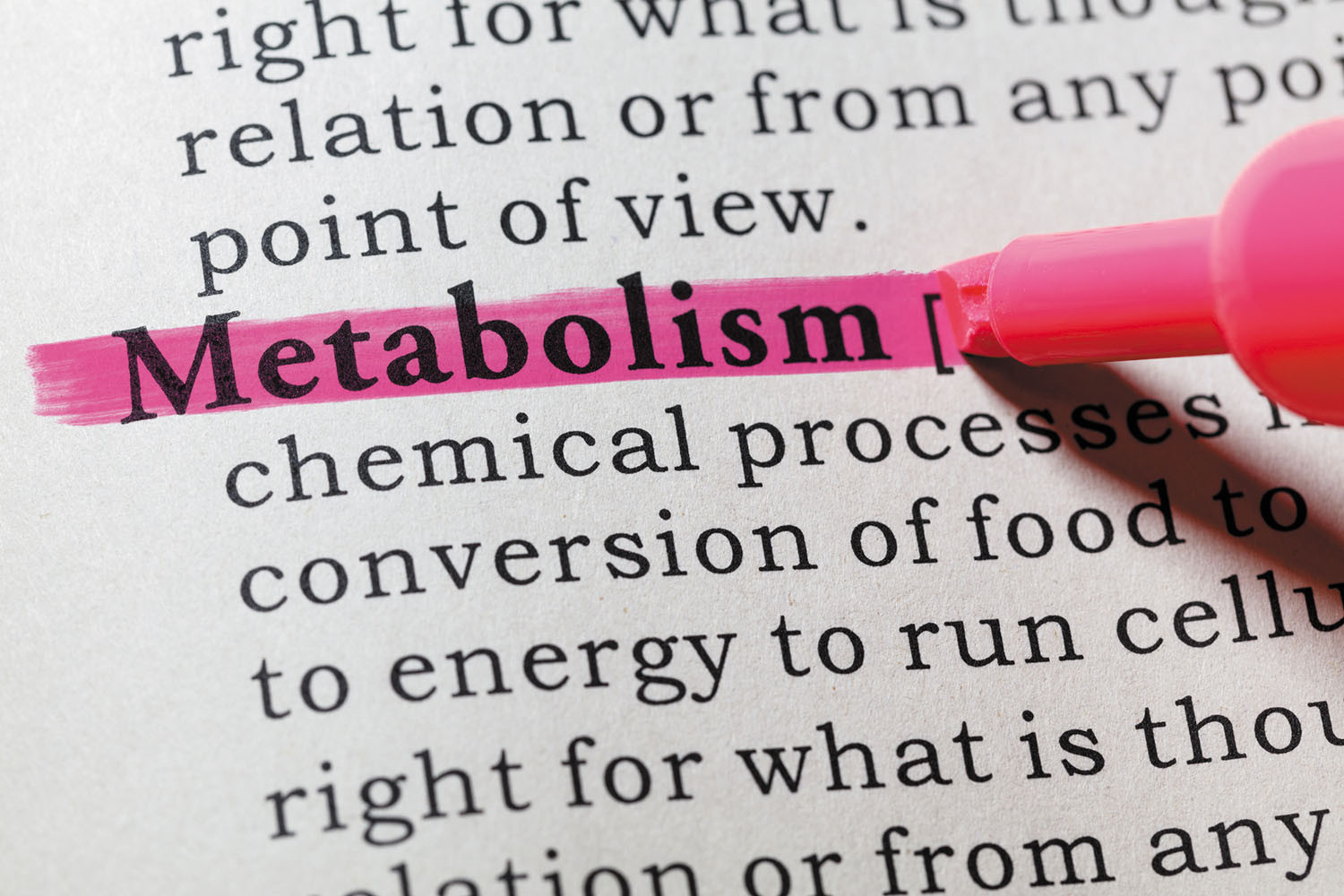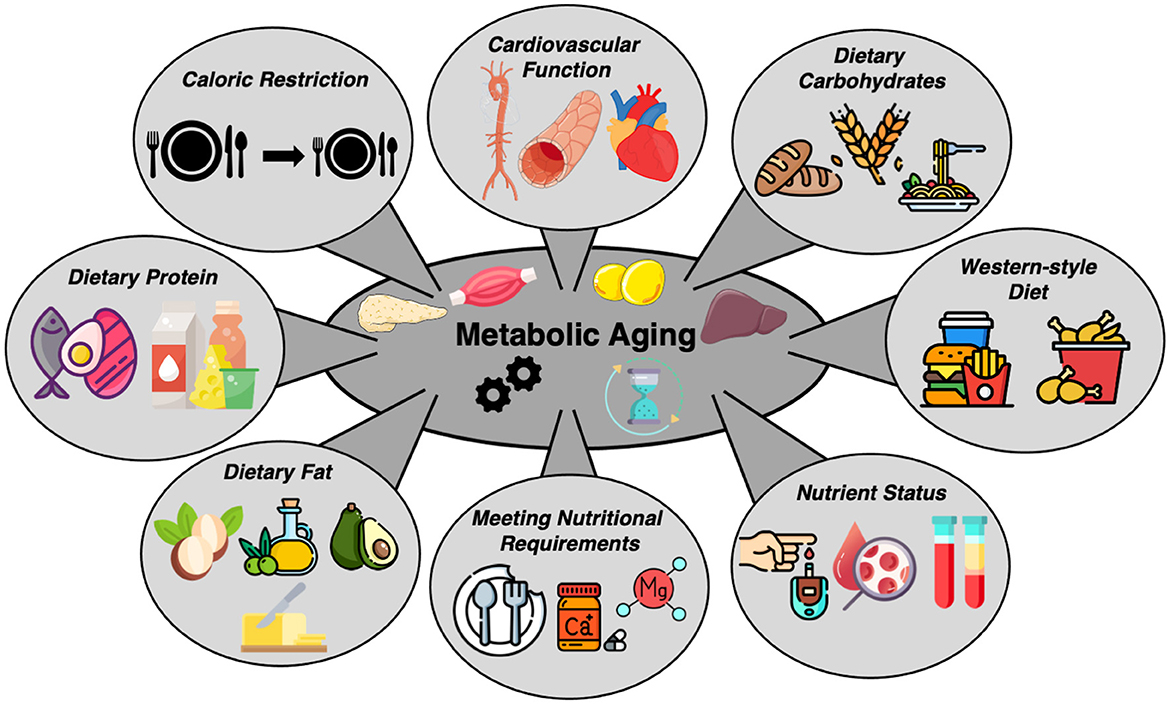What Improves Overall Metabolism And Activates Sluggish Skin

In a world obsessed with youth and vitality, the quest for a faster metabolism and radiant skin remains a top priority for many. But beneath the surface of glossy advertisements and miracle cures lies a complex interplay of biological processes that determine how efficiently our bodies burn calories and maintain skin health. Can we truly 'activate' sluggish skin and rev up a slow metabolism, or are we chasing an unattainable ideal?
This article delves into the science-backed strategies for enhancing metabolism and revitalizing skin, separating fact from fiction. We will explore how lifestyle modifications, nutrition, and innovative skincare approaches can contribute to overall well-being, offering a holistic perspective on achieving a healthier, more vibrant you.
Understanding Metabolism: Beyond the Buzzword
Metabolism, often touted as the key to weight management, is far more intricate than a simple measure of calorie burning. It's a complex set of chemical processes that occur within our bodies to sustain life, encompassing everything from breathing to digesting food.
Basal Metabolic Rate (BMR), the energy our body uses at rest, accounts for a significant portion of our daily calorie expenditure. Factors such as age, gender, genetics, and muscle mass influence BMR, making it a highly individual metric.
Boosting Metabolism: Evidence-Based Approaches
While genetics play a role, there are actionable steps individuals can take to positively impact their metabolic rate. These methods are not about overnight transformations, but about consistent, sustainable changes.
Strength Training is a cornerstone of metabolic enhancement. Building muscle mass increases BMR, as muscle tissue requires more energy to maintain than fat tissue.
The American College of Sports Medicine recommends incorporating strength training exercises at least two days per week, targeting all major muscle groups. Consistency is paramount for long-term results.
High-Intensity Interval Training (HIIT) has also gained popularity for its potential to boost metabolism. Short bursts of intense exercise followed by brief recovery periods can lead to increased calorie expenditure even after the workout is complete.
However, HIIT is not suitable for everyone, especially those with pre-existing health conditions. Consultation with a healthcare professional is recommended before starting any new intense exercise regimen.
Prioritizing Protein Intake is crucial for both muscle building and metabolic function. Protein requires more energy to digest than carbohydrates or fats, resulting in a higher thermic effect of food (TEF).
This means that your body burns more calories processing protein-rich foods. Lean protein sources, such as chicken, fish, beans, and lentils, should be incorporated into a balanced diet.
Sufficient Sleep is often overlooked but plays a vital role in metabolic regulation. Sleep deprivation can disrupt hormone levels, leading to increased hunger and decreased insulin sensitivity, both detrimental to metabolic health. Aim for 7-9 hours of quality sleep per night.
Hydration is another key factor. Water is essential for countless bodily functions, including metabolism. Dehydration can slow down metabolic processes, so staying adequately hydrated throughout the day is crucial.
Revitalizing Sluggish Skin: Unveiling the Science
Just as metabolism reflects internal health, the skin acts as an external mirror, reflecting our overall well-being. Sluggish skin, characterized by dullness, dryness, and lack of radiance, can be a sign of various underlying factors, including dehydration, poor diet, and environmental damage.
Hydration is paramount for plump, healthy skin. Water helps maintain skin elasticity and supports cellular function.
Topical Hydration is also crucial. Using moisturizers containing humectants (like hyaluronic acid) and emollients (like ceramides) can help retain moisture and strengthen the skin barrier.
Antioxidants are essential for protecting skin from free radical damage caused by environmental aggressors like UV radiation and pollution. Vitamin C, Vitamin E, and retinol are potent antioxidants that can brighten skin, reduce wrinkles, and improve texture.
Exfoliation removes dead skin cells, revealing brighter, smoother skin underneath. Gentle chemical exfoliants, such as alpha-hydroxy acids (AHAs) and beta-hydroxy acids (BHAs), can be effective at sloughing off dead skin cells and promoting cell turnover.
However, over-exfoliation can damage the skin barrier, leading to irritation and inflammation. It is crucial to use exfoliating products sparingly and follow instructions carefully.
Sun Protection is non-negotiable for maintaining healthy, radiant skin. The American Academy of Dermatology recommends using a broad-spectrum sunscreen with an SPF of 30 or higher every day, even on cloudy days. Sun exposure is the leading cause of premature aging and skin cancer.
Nutrition plays a significant role in skin health. A diet rich in fruits, vegetables, and healthy fats provides essential nutrients that support collagen production, protect against free radical damage, and promote overall skin radiance.
Professional Treatments such as microdermabrasion, chemical peels, and laser resurfacing can provide more dramatic results for those seeking to revitalize sluggish skin. However, these treatments should be performed by qualified professionals.
The Gut-Skin Connection: An Emerging Perspective
Emerging research highlights the intricate connection between the gut microbiome and skin health. An imbalance in gut bacteria can contribute to inflammation, which can manifest in skin conditions like acne, eczema, and psoriasis.
Consuming a diet rich in prebiotics and probiotics can support a healthy gut microbiome. Prebiotics are non-digestible fibers that feed beneficial bacteria in the gut, while probiotics are live microorganisms that can help restore balance to the gut flora.
Fermented foods like yogurt, kefir, sauerkraut, and kimchi are excellent sources of probiotics. Fiber-rich foods like fruits, vegetables, and whole grains provide prebiotics.
A Holistic Approach to Wellness
Ultimately, improving metabolism and revitalizing skin requires a holistic approach that encompasses lifestyle modifications, nutrition, and skincare. There are no magic bullets or quick fixes.
Consistency, patience, and a personalized approach are key to achieving sustainable results. Consulting with healthcare professionals, such as doctors, registered dietitians, and dermatologists, can provide tailored guidance based on individual needs and goals.
By prioritizing these evidence-based strategies, individuals can unlock their body's potential for enhanced metabolism and radiant skin, fostering a greater sense of well-being and confidence.
The journey to a healthier, more vibrant you is a marathon, not a sprint. Embrace the process, celebrate small victories, and remember that self-care is an investment in your long-term health and happiness.
